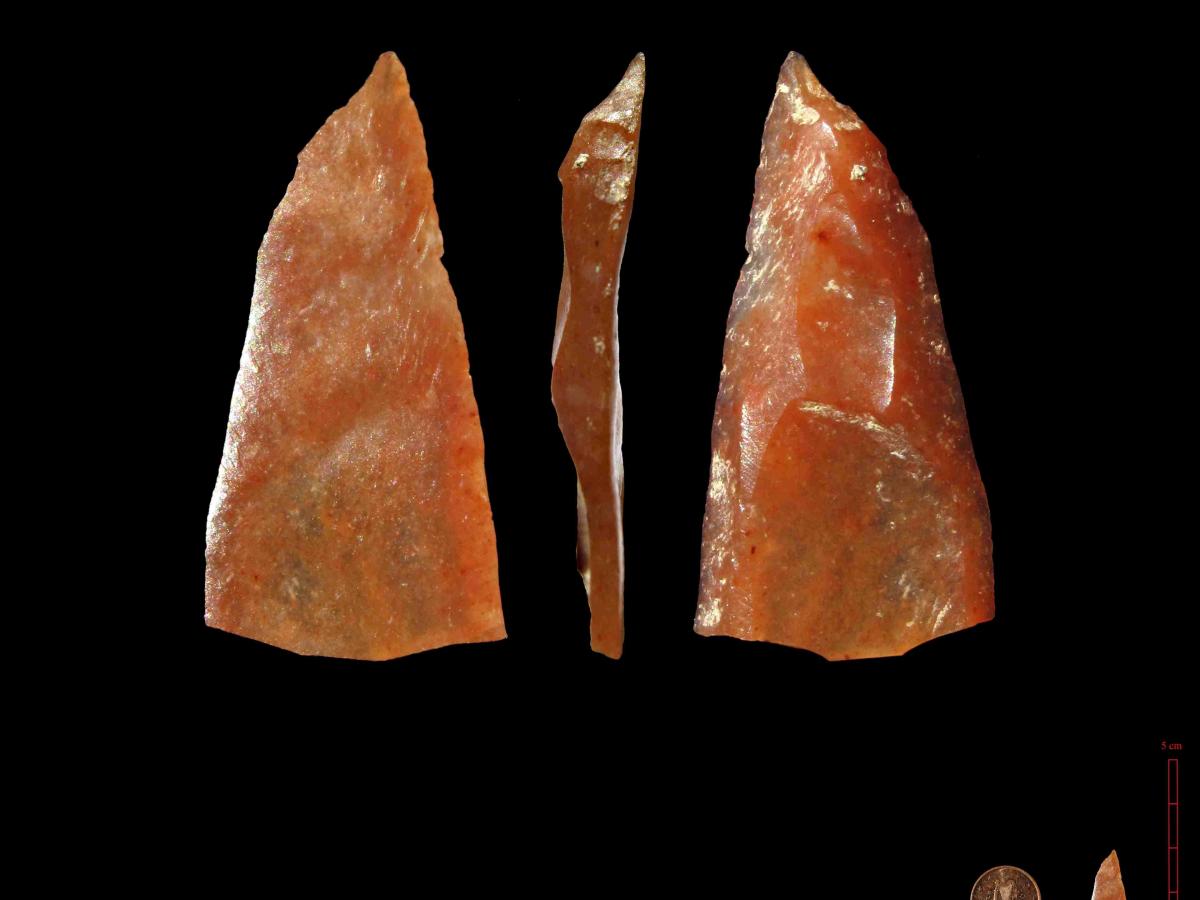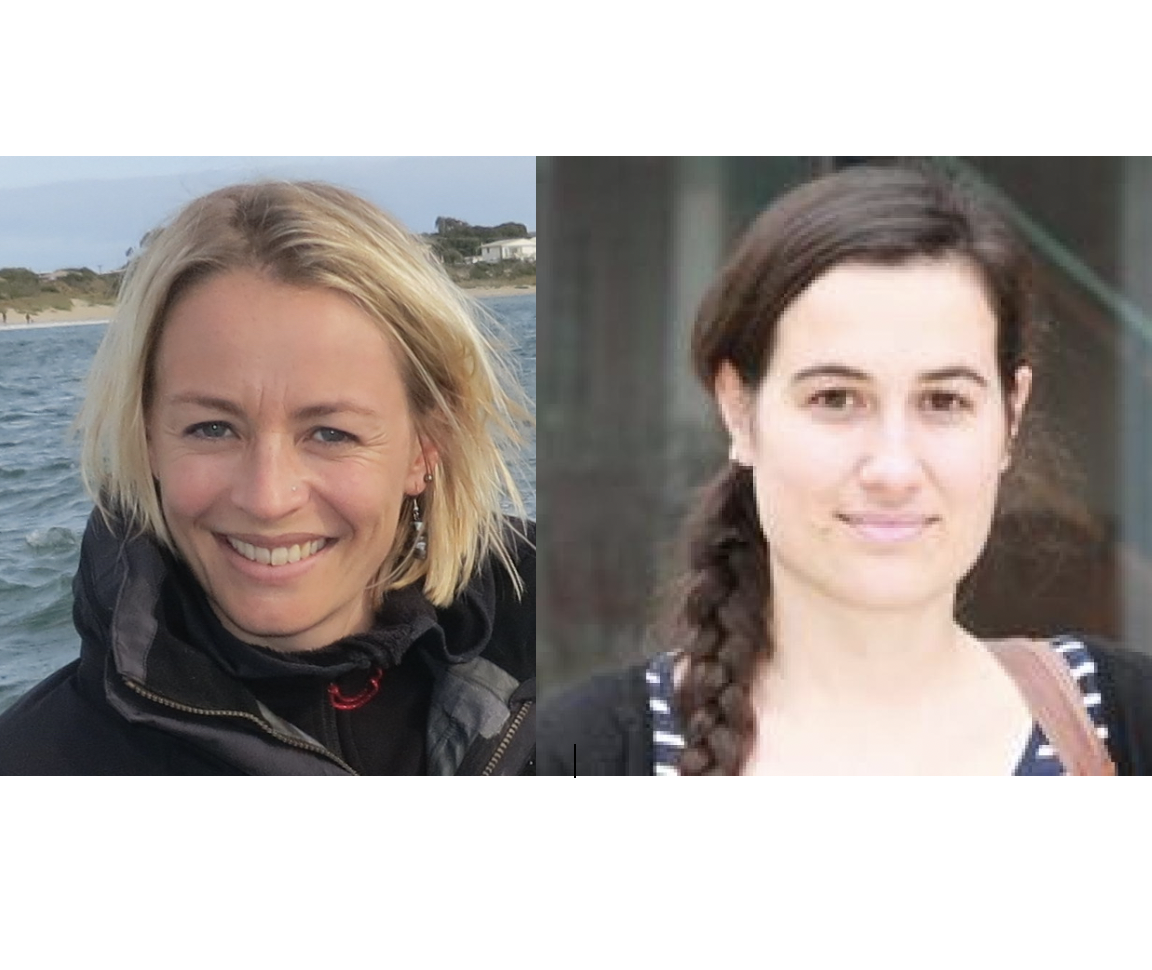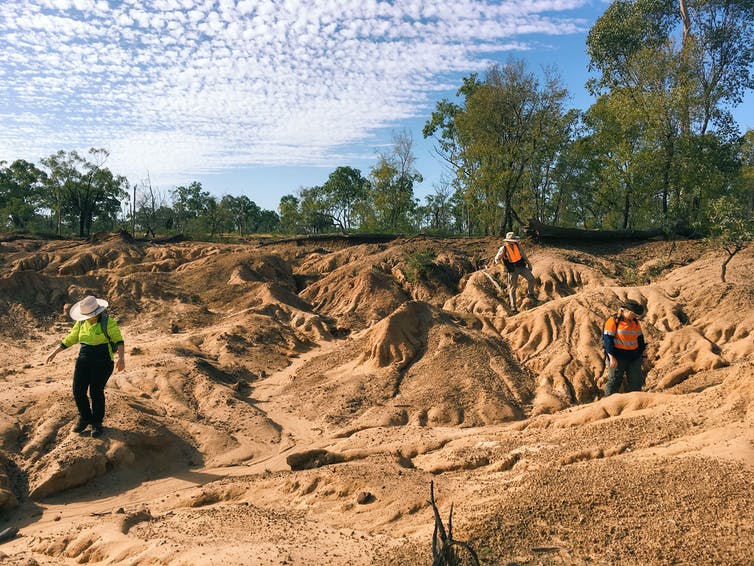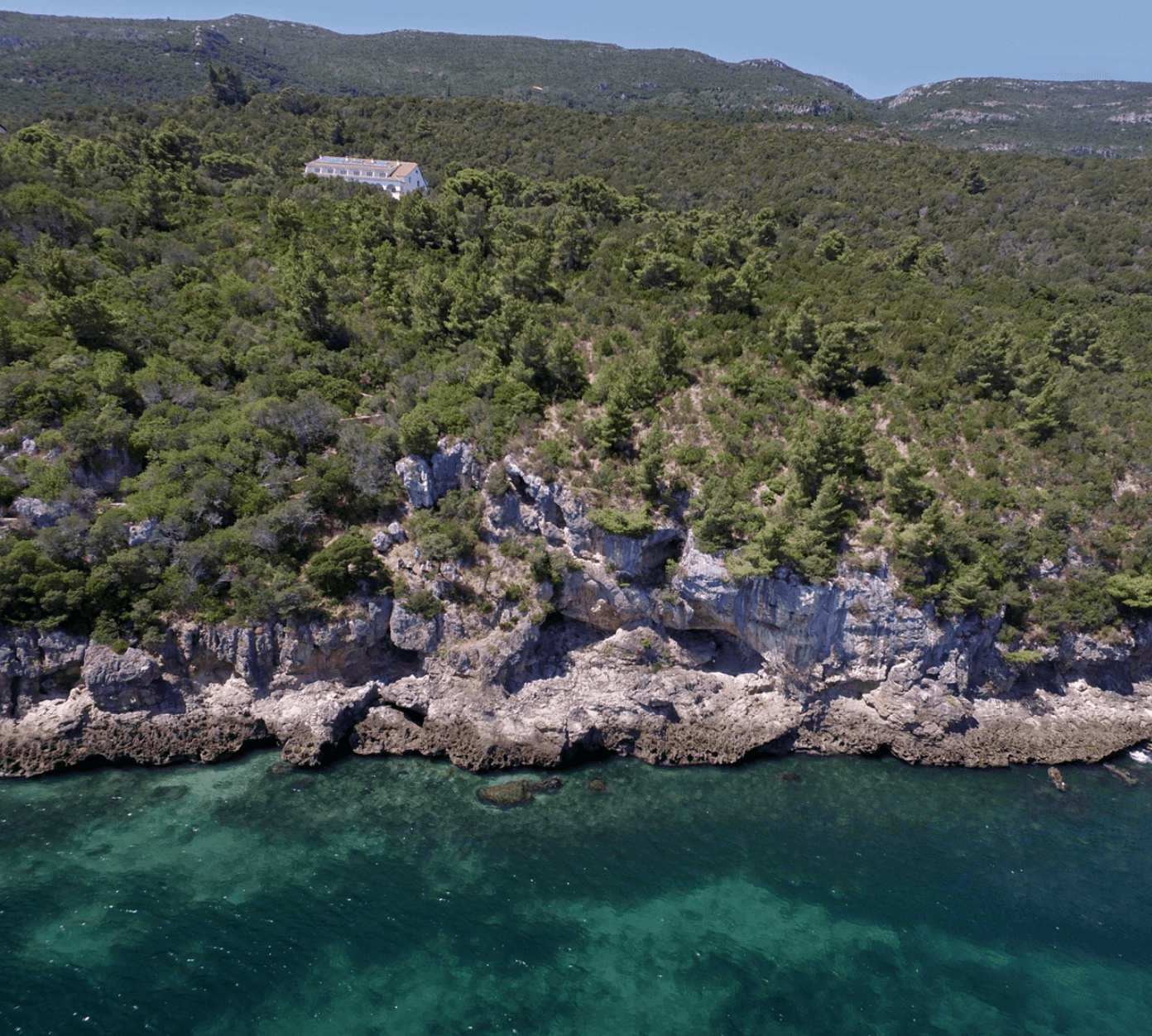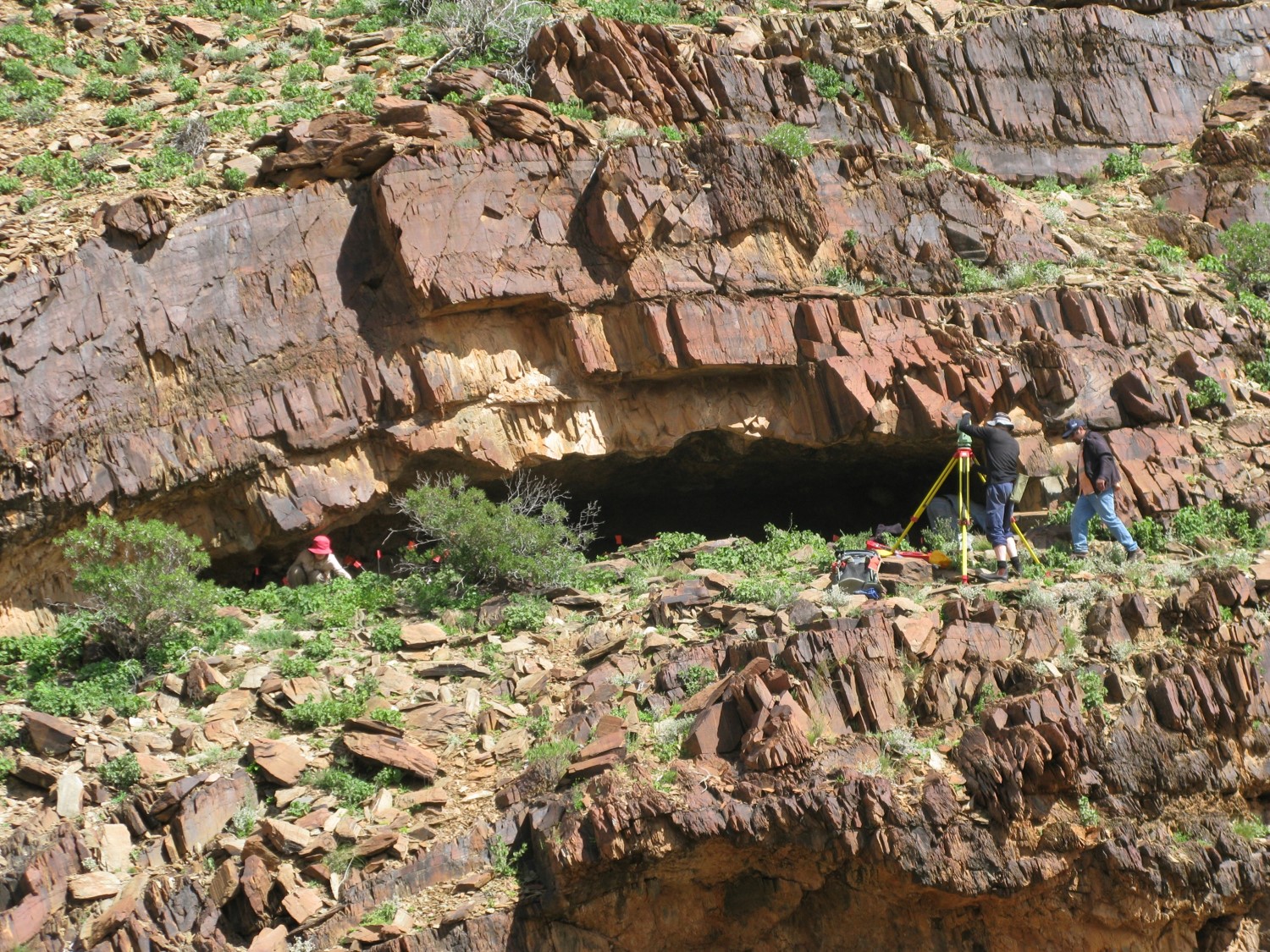BLOGS WEBSITE
TAG: Lee Arnold
History of modern human arrival in Europe rewritten, as new fossil discovered
An international research team including scientists from the University of Adelaide has found evidence of human occupation in Europe almost 10,000 years earlier than previously documented, a discovery that stands to rewrite modern human and Neanderthal histories on the continent. In a study published in Science Advances and led by Toulouse University, France, the authors dated distinctive stone tools and […]
Comments Off on History of modern human arrival in Europe rewritten, as new fossil discovered
Environment Institute receives two out of four Future Fellowships awarded to the University of Adelaide
We are immensely proud of our researchers’ achievements, receiving two Future Fellowships today. In the ARC Future Fellowships 2020 round 1, Environment Institute member and ARC DECRA fellow Dr Camille Mellin, of the Fordham Lab has received $739,557.00. Her research will summary includes: Safeguarding coral reef fisheries for future food security. This Fellowship aims to […]
Comments Off on Environment Institute receives two out of four Future Fellowships awarded to the University of Adelaide
Humans coexisted with three-tonne marsupials and lizards as long as cars in ancient Australia
When people first arrived in what is now Queensland, they would have found the land inhabited by massive animals including goannas six metres long and kangaroos twice as tall as a human. A/Professor Lee Arnold has joined a national team to study fossil bones of these animals for the past decade. Their findings, published in Nature […]
Comments Off on Humans coexisted with three-tonne marsupials and lizards as long as cars in ancient Australia
New Paper in Science – The last interglacial Iberian Neandertals as fisher-hunter-gatherers
University of Adelaide researchers join an international team to question Neanderthals behaviour. A paper published in Science today involving University of Adelaide researchers A/Prof. Lee Arnold and Dr Martina Demuro provides new insights into Neanderthal subsistence strategies and further questions the behavioural gap once thought to separate Neanderthals from contemporaneous Homo sapiens groups. The study […]
Comments Off on New Paper in Science – The last interglacial Iberian Neandertals as fisher-hunter-gatherers
ABC Science Show highlights the oldest known evidence of Aboriginal settlement
This Saturday Giles Hamm, archaeologist and Honorary Fellow of the South Australian Museum will feature on ABC Radio National’s Science Show. Tune in to hear Giles talk about the recent discovery of the Warratyi rock shelter located in the Flinders Ranges. The rock shelter contains the first reliably dated human interaction with mega fauna, with fossils […]
Comments Off on ABC Science Show highlights the oldest known evidence of Aboriginal settlement
PhD position: Reconstructing Australian megafaunal extinction histories using luminescence dating techniques.
A PhD scholarship is available as part of an Australian Research Council (ARC) funded project entitled “Trying times: Millennial to million year chronologies for improved reconstructions of Australian megafaunal extinctions.” This 3-year PhD scholarship is open to domestic and international students, and includes a living stipend of AU$25,850 per year. The planned starting date is […]
Comments Off on PhD position: Reconstructing Australian megafaunal extinction histories using luminescence dating techniques.
New clues to evolution dug up from world’s largest human fossil collection
The Sima de los Huesos (pit of bones) is a cave in northern Spain from which 6500 human fossils from at least 28 individuals have been recovered to date. Analysis of skulls from the earliest humans with Neandertal-like features reassigned the age of the fossils to about 430 000 years ago. Dr Lee Arnold, from […]

